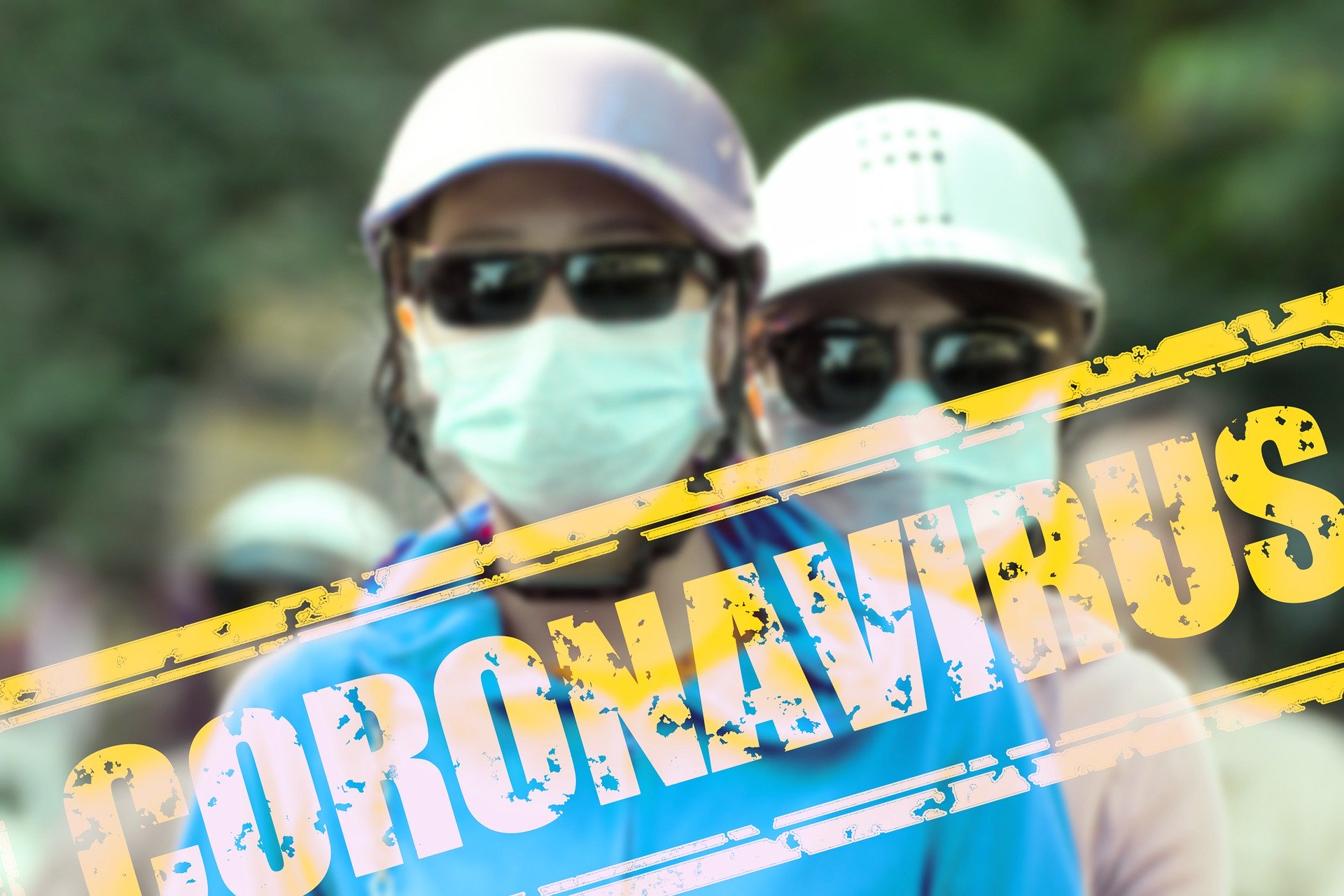In order to prevent the spread of COVID-19, the Princeton Health Department is urging attendees of the June 2 “Kneel for Justice” protest in Princeton to have limited contact with other people for 14 days if they were unable to maintain safe social distancing during the event.
Despite the best efforts of event organizers, it was not always possible to practice social distancing, Princeton Health Department officials said on June 3. Virtually all attendees wore masks, but the majority were standing less than six feet away from each other in crowded conditions.
“In light of this and for your safety and the safety of our community, the Princeton Health Department urges anyone that attended the June 2 protest and who was unable to maintain social distance to limit contact with other people for 14 days,” Princeton Health Officer Jeffrey Grosser said. “COVID-19 continues to circulate in our community, and our region is still working on overcoming the odds of the COVID-19 pandemic.”
Six Princeton residents have tested positive for COVID-19 in the past seven days, according to the Princeton Health Department. They are among the 177 Princeton residents whose tests for COVID-19 were positive.
Individuals are being urged to continue social distancing efforts and to seek testing if they are experiencing a cough, fever, shortness of breath or other symptoms, Grosser said. Additional symptoms include chills, shivering, muscle pain, headaches, sore throat and the loss of taste or smell.
Some COVID-19 infected individuals do not show any symptoms, which is why it is important to limit contact with other people for 14 days, which is the incubation period for the disease, he said.
The Princeton Health Department also is recommending mask wearing for attendees who live or work with someone who is at least 60 years old or who has a pre-existing health condition. The mask should be worn at all times when in close proximity to that person, Grosser said.
Utensils should not be shared, and high traffic areas should be disinfected with Centers for Disease Control and Prevention-approved disinfectants. This includes kitchens and bathrooms. Frequently touched surfaces, such as countertops, light switches and doorknobs, also should be disinfected.

